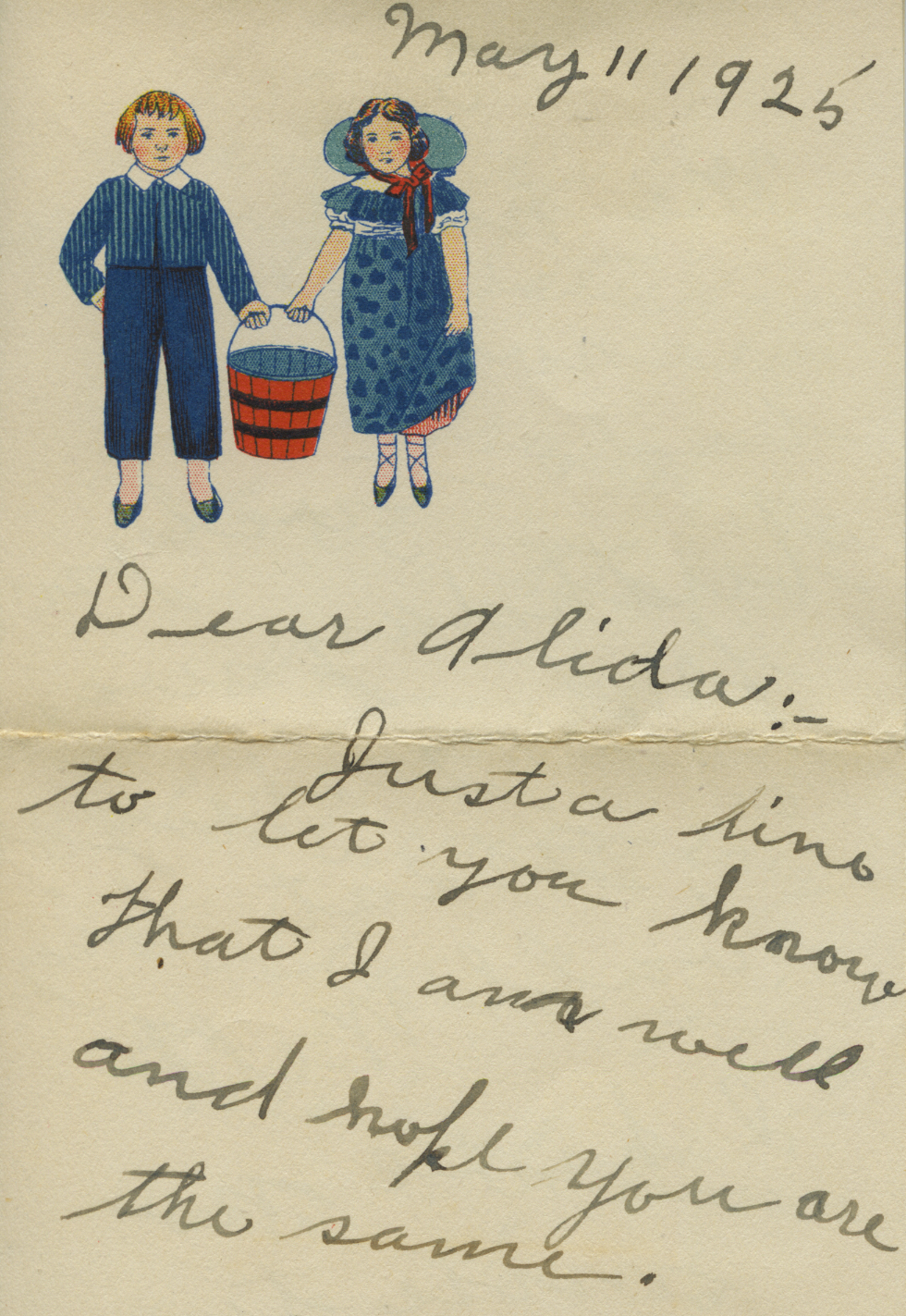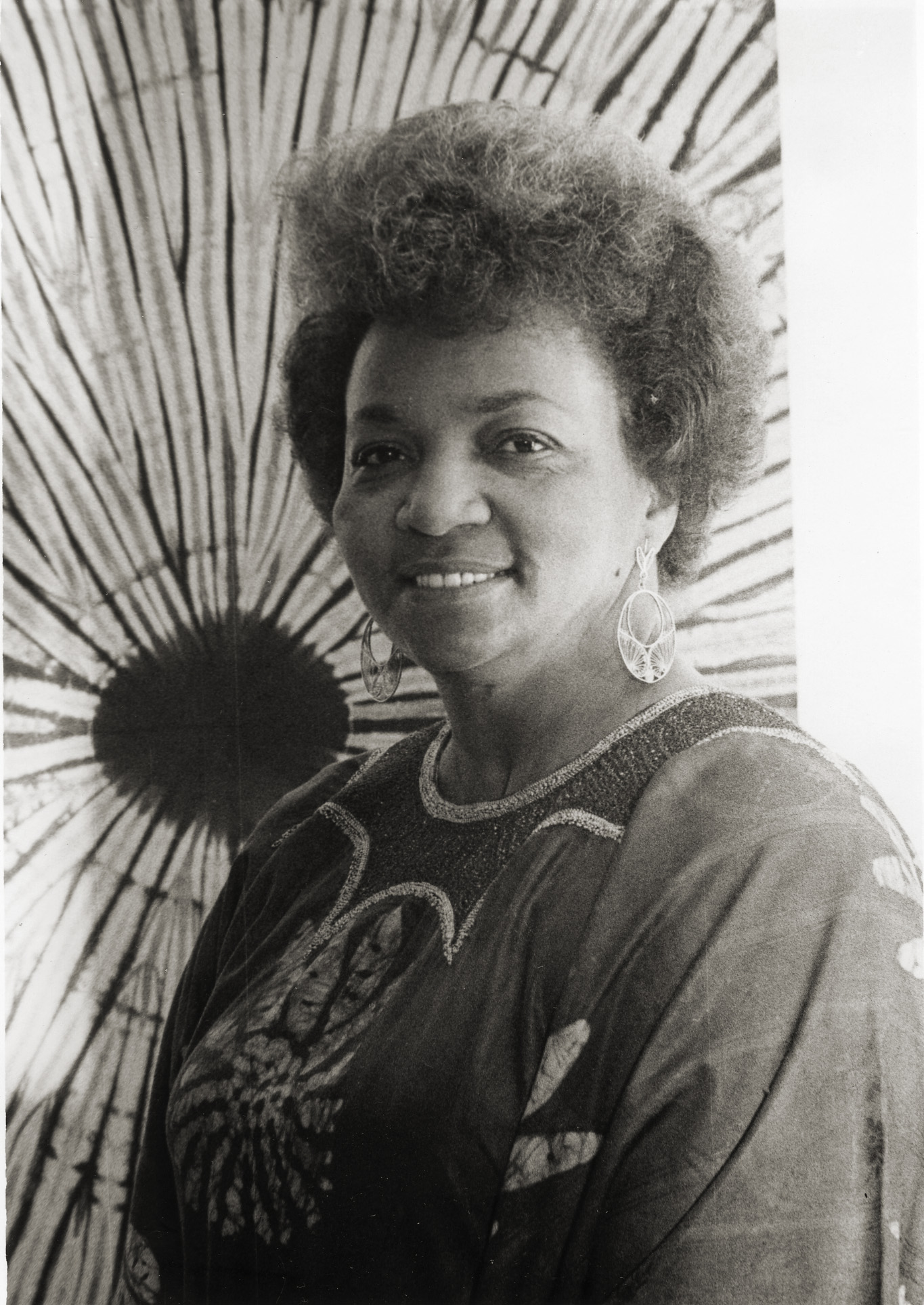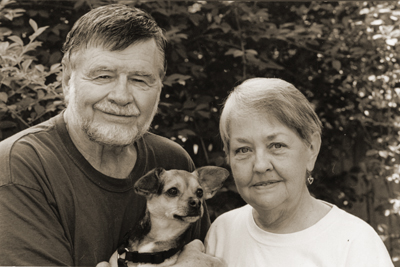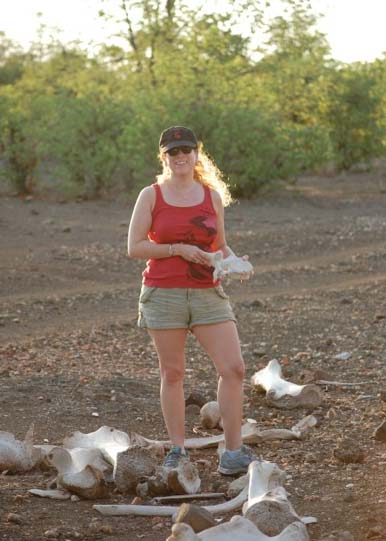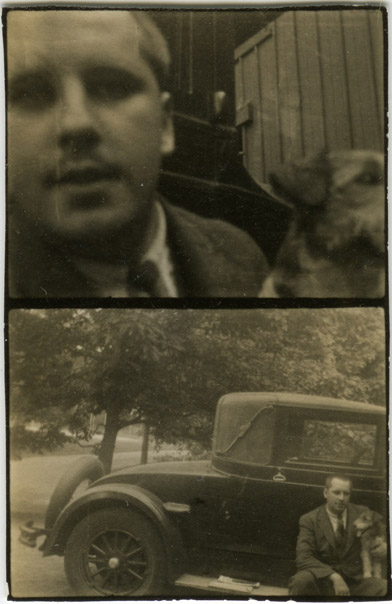Darby Penney Papers
Darby Penney, born in 1952, was herself a psychiatric survivor and devoted her life to activism and support of the psychiatric consumer/survivor/ex-patient (C/S/X) movement. Above all, she believed the voices of survivors themselves should be used in policy and program design, and she spent the latter part of her life collecting those voices in her C/S/X Oral History Project. Penney worked for the New York State Office of Mental Health for almost fifteen years, with roles including Director of Recipient Affairs and Director of Historical Projects, until she was let go in 2003 due to her outspoken views on coercive treatment of patients. This freed her to devote her time to creating nonprofits and advocacy groups for the C/S/X movement, as well as overseeing the Oral History Project. She designed a museum exhibit to give voice to the patients of Willard State Hospital, based on the contents of more than four hundred suitcases found in the hospital’s attic, and co-authored a book called The Lives They Left Behind: Suitcases from a State Hospital Attic, published in 2008. Penney died in 2021.
The Darby Penney Papers comprise Penney’s research on psychiatric treatment and patient narratives, her writings and presentations, and her oral history work, including over two hundred interviews done by the C/S/X Oral History Project. The documentation, cassette tapes, and transcripts of this project forms the bulk of the collection.


